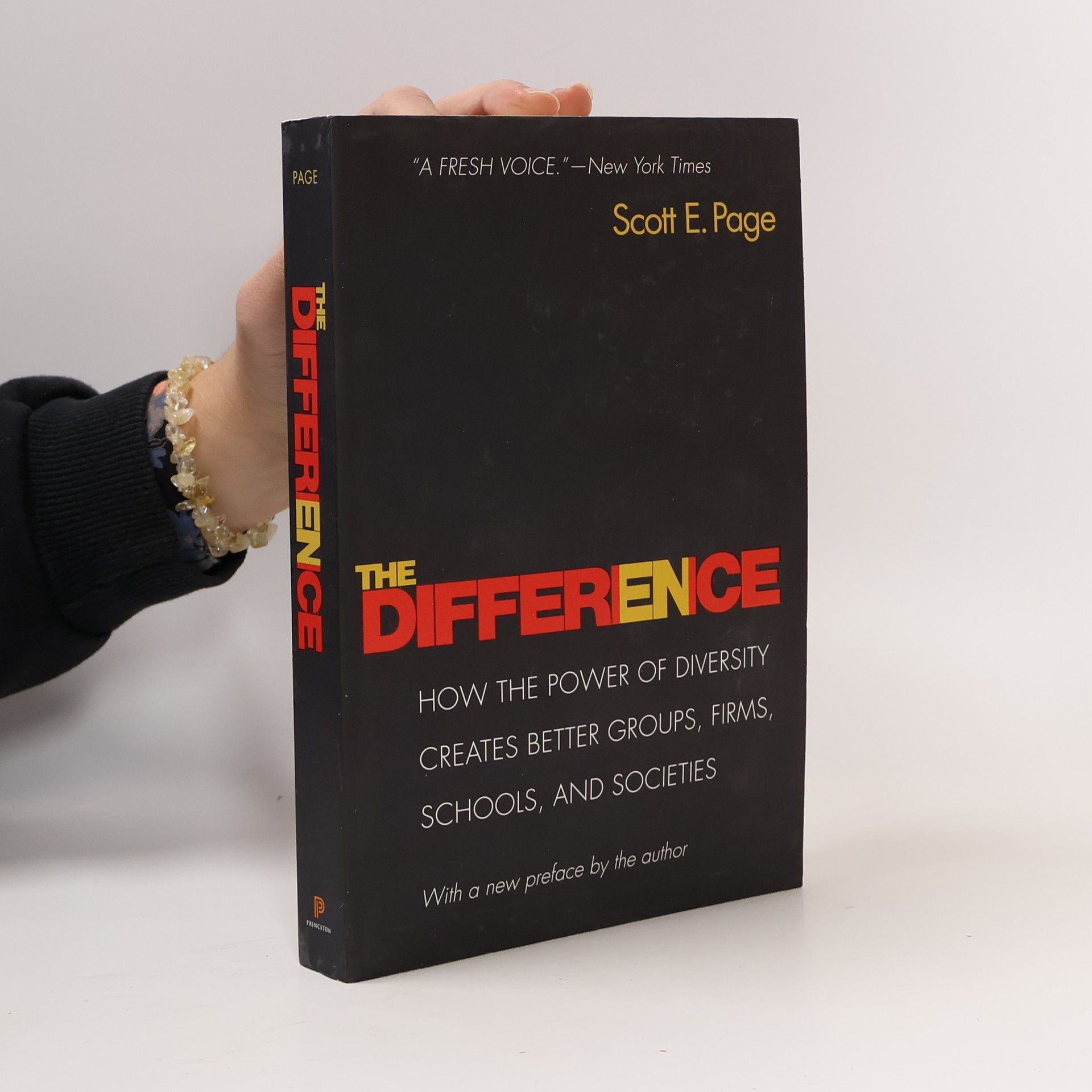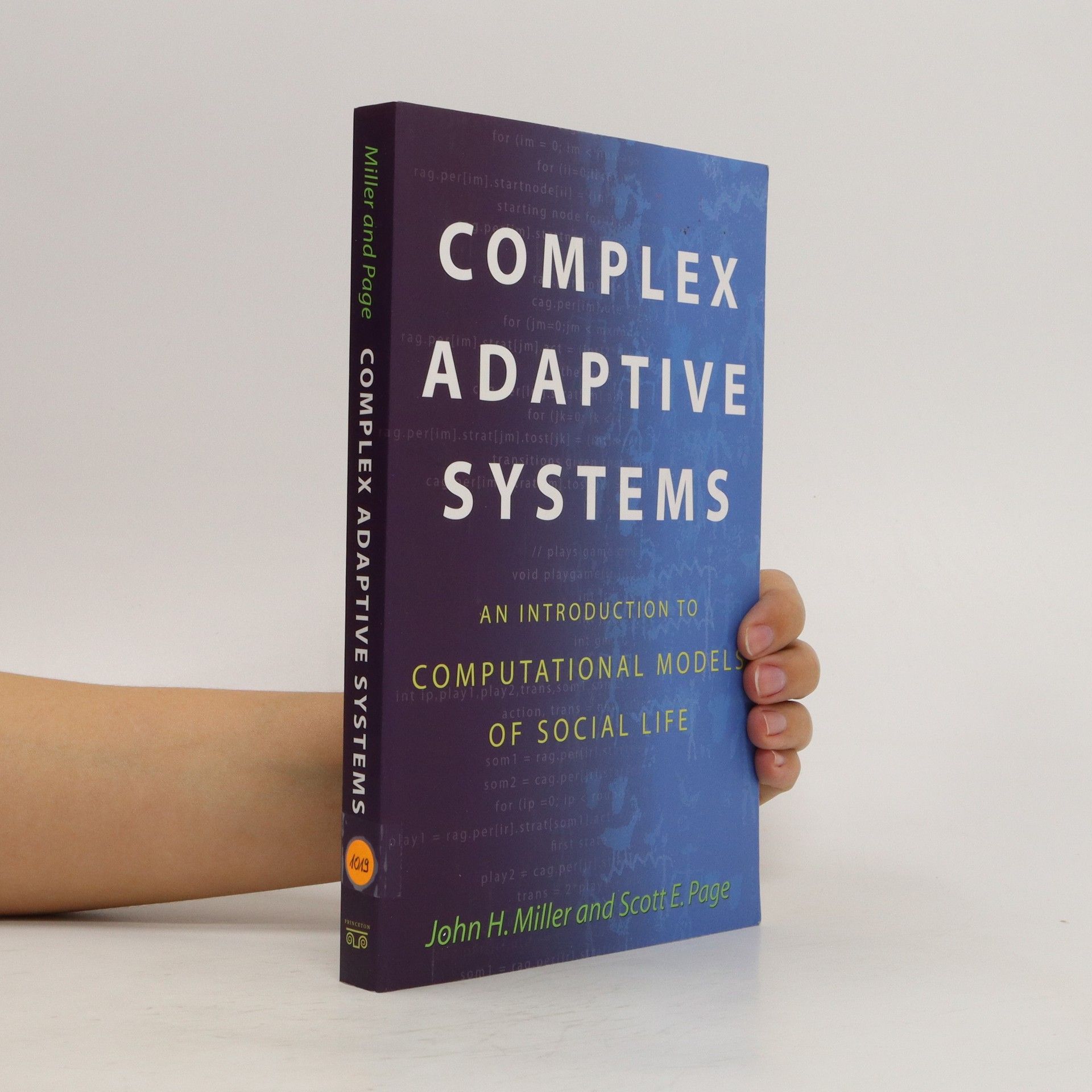The Model Thinker
- 464pages
- 17 heures de lecture
How anyone can become a data whiz From the stock market to COVID-19 charts, census figures to marketing email blasts, we are awash with data. But as anyone who's ever opened up a spreadsheet packed with seemingly infinite lines of data knows, numbers aren't enough: we need to know how to make those numbers talk. In The Model Thinker, social scientist Scott E. Page shows us the mathematical and statistical models-from linear regression to random walks and beyond-that can turn anyone into a data genius. At the core of the book is Page's "many-model paradigm," which shows us how to organize data with multiple models, leading to wiser choices, more accurate predictions, and more robust designs. Whether you're a scientist, pollster, blogger, or business person, The Model Thinker offers a toolkit for becoming a better, clearer thinker, able to leverage data and information to your advantage.




